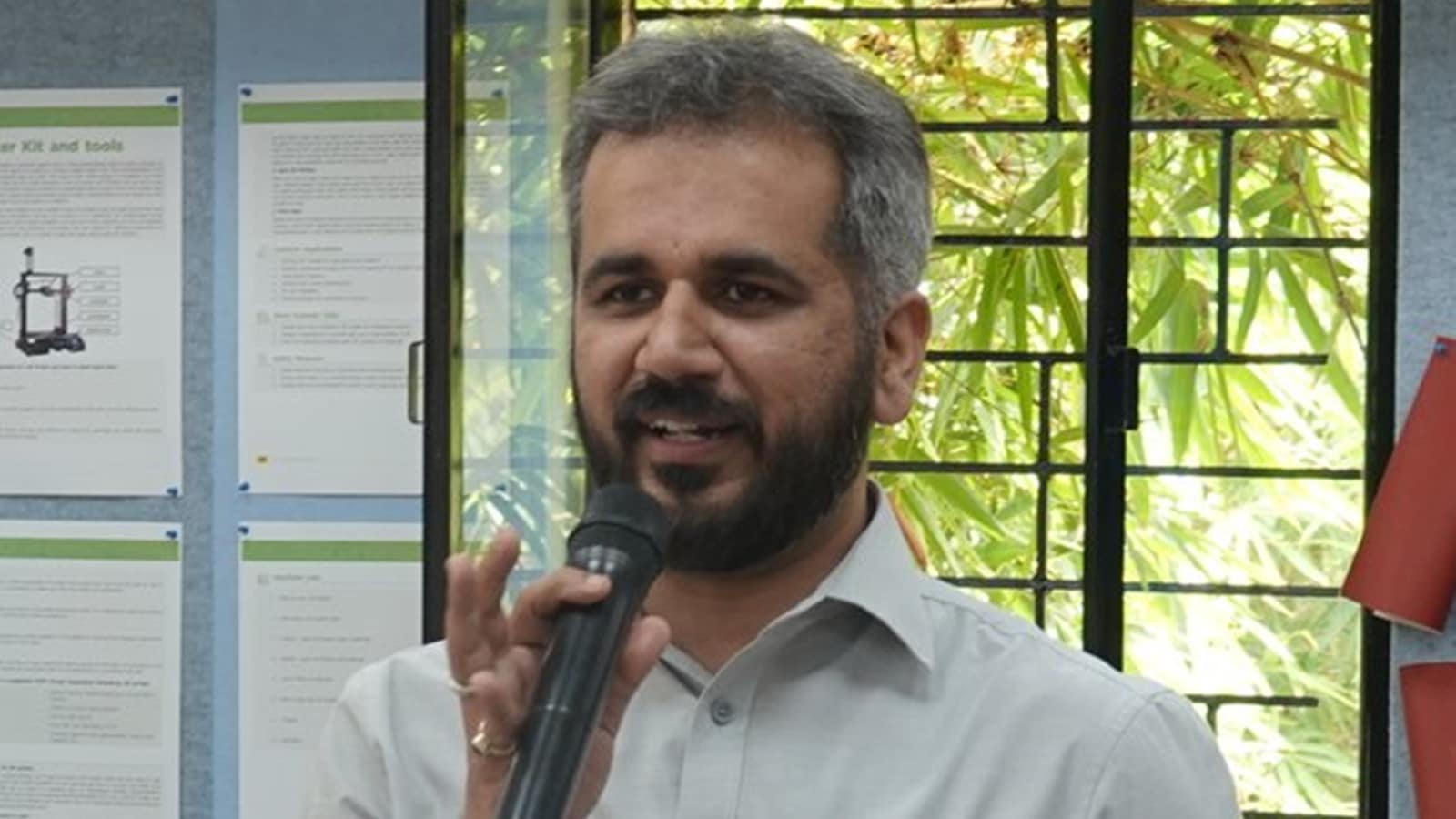 |
|
The Pimpri-Chinchwad Municipal Corporation (PCMC) chief, Shekhar Singh, recently addressed several pressing concerns facing the industrial city during a town hall meeting with The Indian Express. A primary focus was the ongoing Guillain-Barré Syndrome (GBS) outbreak. Singh emphatically stated that the situation was under control, with only a small number of patients currently receiving treatment. He attributed the initial GBS cases to contaminated water from private wells used for non-potable purposes, primarily horticulture, and not the city's main water supply. The PCMC's response involved disinfecting these wells and monitoring bottled water plants. Singh refuted claims that the city's water treatment plants weren't 100% effective in purifying water, although he acknowledged potential issues arising from leaks in the distribution system.
The town hall meeting also extensively covered the pervasive issue of traffic congestion within Pimpri-Chinchwad. Singh acknowledged the long-standing problem, rejecting claims of a five-hour traffic jam as an exaggeration but recognizing congestion at 25 key junctions. He highlighted efforts to alleviate the problem at Nashik Phata, focusing on a pedestrian overbridge construction project that, upon completion, will allow the removal of a traffic signal that contributes significantly to congestion. He also firmly dismissed calls for the dismantling of BRTS routes, emphasizing the importance of promoting public transport and further expanding BRTS networks as a critical part of the city's traffic management strategy. Singh's commitment to improving public transport aligns with the ongoing efforts to address pollution levels within the city.
Addressing environmental concerns, Singh acknowledged Pimpri-Chinchwad's recent ranking as the most polluted city in Maharashtra. He outlined the PCMC's two-pronged approach to tackle this issue. The first involves stricter enforcement of pollution control norms within the construction sector, with fines exceeding Rs 45-50 lakh issued in recent months and 'stop-work' notices served to non-compliant construction sites. The second focuses on controlling vehicular and industrial pollution through initiatives like the Graded Response Action Plan (GRAP). The stray dog population was also addressed, with Singh outlining the ongoing efforts to expand sterilization programs and increase kennel capacity. These efforts aim to stabilize the stray dog population within the next two to three years. The conversation also touched on the possibility of creating a separate municipal corporation for Hinjewadi and surrounding areas, with Singh clarifying that current discussions revolve around merging surrounding villages into a new corporation rather than separating Hinjewadi from the PCMC.
Further discussion centered around the city's Comprehensive Mobility Plan (CMP). Singh detailed the five key strategies being employed to mitigate traffic congestion. This includes constructing 38 new roads (spanning approximately 61 km), addressing missing road links, improving 25 identified congested junctions, removing encroachments, and focusing on improving public transport. The expansion of the Metro network was also addressed, highlighting plans to connect existing lines through areas like Ravet, ultimately expanding the network within PCMC. Singh also discussed the city’s interactions with defense entities, stating that processes have become more streamlined in recent years, facilitating land acquisition for infrastructure projects. The meeting concluded with discussion about implementing measures such as proof of parking requirements before vehicle purchases, a policy currently under consideration by the state government, and the possibility of congestion pricing in the future.
Throughout the town hall, Singh emphasized the PCMC's proactive approach to addressing the challenges facing Pimpri-Chinchwad. He presented a combination of immediate measures, such as disinfecting wells and improving traffic management at key junctions, and long-term strategies, including investing in infrastructure development, promoting public transportation, and enforcing environmental regulations. While acknowledging significant challenges like traffic congestion and air pollution, Singh projected a sense of optimism and conveyed the PCMC's commitment to resolving these issues. This town hall meeting provided valuable insight into the current priorities and strategies of the PCMC and offered a glimpse into the ongoing efforts to improve the quality of life for residents in Pimpri-Chinchwad.
